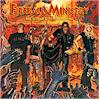Band
Mar De Grises
Title
Draining the Waterheart
Type
LP/EP
Company
Firebox
YOR
2008
Style
Doom/Stoner
Popular Reviews
2/9/2009 - Review by:
Etiam
 | Mar De Grises
Draining the Waterheart
Company: Firebox Records
Release: 2008
Genre: Symphonic Doom
Reviewer: Etiam |  |
Stands in the shadow of their previous work
Despite having released just two albums in nearly a decade of existence, few would begrudge Mar De Grises their place at the forefront of Chile's metal scene. Some groups--Poema Arcanus, most notably--have been active in/around the country's doom scene for much longer, but Mar De Grises' debut album, 'The Tatterdemalion Express', was strong enough to place them alongside any of their countrymen and sustained such a buzz in the underground as to keep the band relevant during a four-year dormancy. Indeed, 'The Tatterdemalion Express' can compete with prize symphonic doom albums of any country's canon, and stands almost unrivaled in the genre as a debut effort.
So it was with patience that we endured the ensuing years, tracking the band's sporadic updates and vague discussions of new material. At long last in 2008, their sophomore album arrived via Firebox, the niche Finnish label that also released their debut. Entitled 'Draining The Waterheart', it continues such MDG traditions as the layout's organic color swathes, Gothic bilingual lyrics, and, best of all, expansive songwriting and textured arrangements. As on the debut, Mar De Grises's favorite techniques include melodies that float from clean hooks to massive waves of distortion like a post-rock epic, sweeping keyboards paced by the crash cymbal, and Juan Escobar's dynamic vocal approach.
With that said, even during the album's first spin, it becomes clear that today's Mar De Grises is no longer the young quintet of days past. (Incidentally, the number of years it took to follow up the '...Express' is the same between the group's formation and their debut release.) Since then, what's changed the most are the accessories, so to speak, that flesh out an album and connote a professional composition. Segues, FX, keyboard and drum placement in the mix, even the instrumentation itself--all have shifted towards a forceful and harsh dynamic that is more difficult to engage in and appreciate. Even given two month's time to sink in, 'Draining the Waterheart' still does not 'click' quite like it's predecessor, and in many ways is more a cerebral affair than a spiritual one. This makes for an intriguing listening experience, and one more memorable than many others in the genre, but it simply doesn't leave as deep an impression as the '...Express'. Both in songwriting and execution, 'Draining...' is neither as tangible, nor as convincing, as it hops between piano and forte dynamics; this technique was used to great effect on the debut and nearly as often, but each rise and fall was carefully plotted, whereas here they sometimes feel coincidental.
In fairness, we must also evaluate 'Draining the Waterheart' on its own terms. The band clearly intended not to repeat their debut, and this they certainly achieved. Aside from the aforementioned harshness, this album features more guitar interplay--somewhat akin to 'Be Welcome Oh Hideous Hell' from the '...Express'--as exemplified by the end of 'Summon Me' or the tapping lead in the opener. It also approaches the listener more directly, in this sense ranging towards Poema Arcanus's territory. The amps are allowed to run hotter and the guitars unleash more harmonic noise, such as during the opening lead of 'One Possessed'. Though far from the cantankerous creak of, say, Immolation, the dissonance makes a pronounced statement alongside the track's whispered vocals and clean harmonies.
For its duration, 'Draining...' is haunted by crackling ambiance, and though its melancholy is potent, it is ultimately less eloquent than the pure Romance of the '...Express'. These new influences come to the fore during the instrumental 'Fantasía' and the following song, 'Wooden Woodpecker Conversion', where drum programming plays alongside the group's flesh and blood percussionist, Alejandro Arce. Conspicuously using a drum machine in doom metal is a fresh proposition, but the experiment soon becomes a liability when we realize how similar Arce's 'human' kit sounds to the digital loops. Though his playing is tasteful, the drum production is inconsistent and distractingly mechanical. As for 'Fantasía', it is modestly effective in context, but standing alone is a throwaway track, and seems even more so when compared to to the sublime 'Self Portrait no1', the piano instrumental at the literal and emotive heart of the debut.
Thus we come full circle--present performance is ultimately judged against past performance. Despite 'Draining The Waterheart's undeniable grace, it stands in the shadow of the monumental 'The Tatterdemalion Express'. In sum: by another name, this rose would smell much sweeter.

 (Backbite)
(Backbite) (Independent)
(Independent) (Aesthetic Death)
(Aesthetic Death)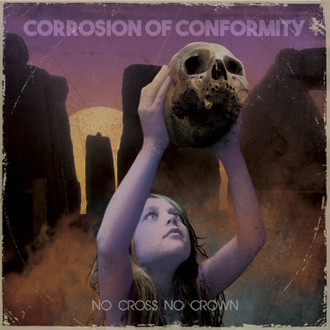 (Nuclear Blast)
(Nuclear Blast)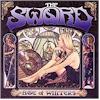 (Kemado Records)
(Kemado Records)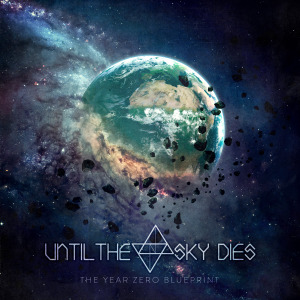 (Cimmerian Shade)
(Cimmerian Shade)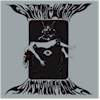 (Rise Above)
(Rise Above)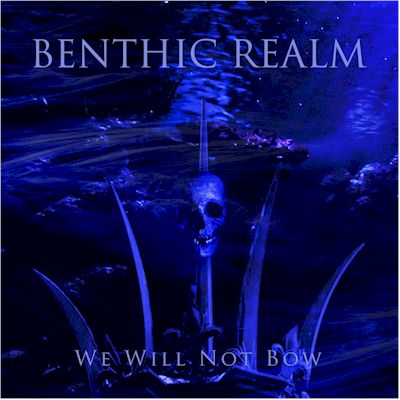 (Independent)
(Independent) (10 South)
(10 South) (Warcrime)
(Warcrime)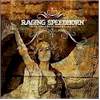 (SPV/Steamhammer)
(SPV/Steamhammer) (War On Music)
(War On Music)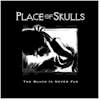 (Exile On Mainstream)
(Exile On Mainstream)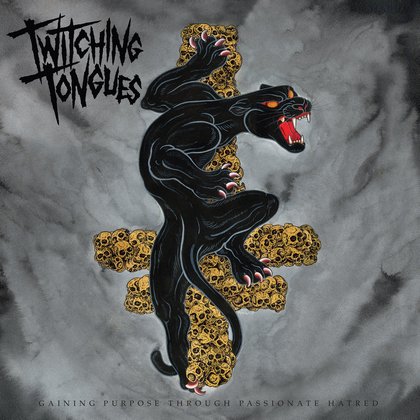 (Metal Blade)
(Metal Blade) (Crucial Blast)
(Crucial Blast)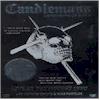 (Metal Blade)
(Metal Blade)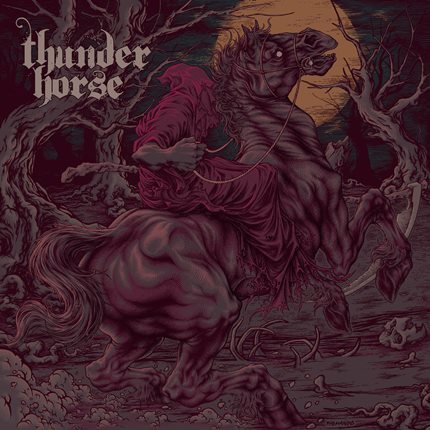 (Independent)
(Independent)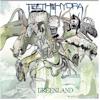 (Tee Pee)
(Tee Pee)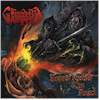 (Profound Lore)
(Profound Lore)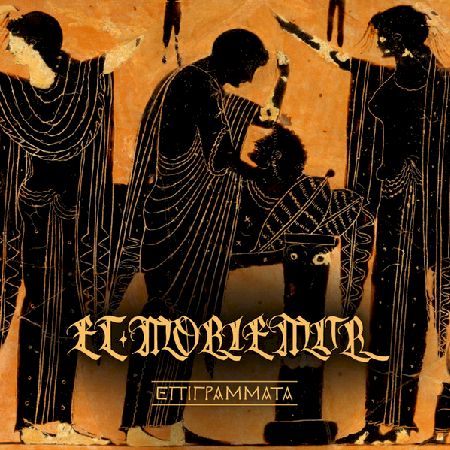 (Transcending Obscurity)
(Transcending Obscurity) (Earache)
(Earache)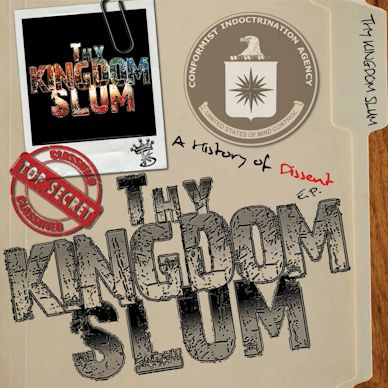 (Slum World)
(Slum World)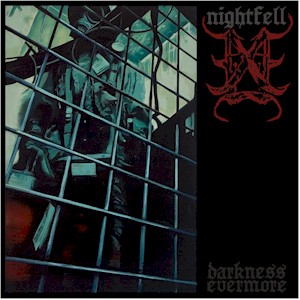 (20 Buck Spin)
(20 Buck Spin)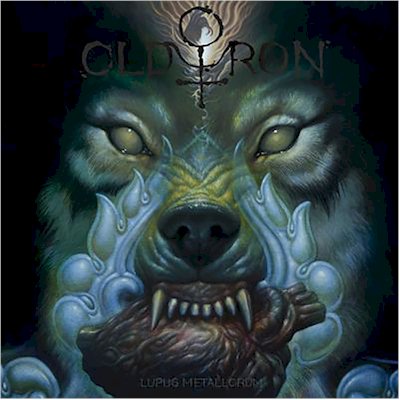 (Good To Die)
(Good To Die)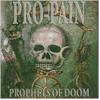 (Candlelight)
(Candlelight) (GMR Music)
(GMR Music)



